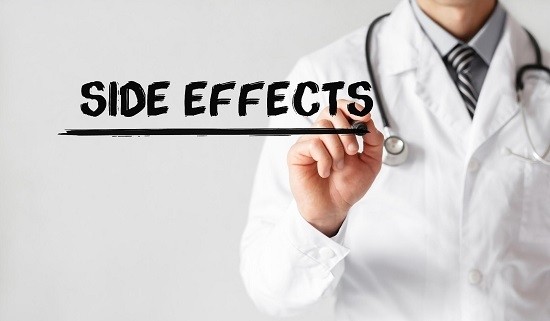TMS Therapy vs. Traditional Antidepressants: A Comprehensive Guide to Depression Treatment Options
Depression is a complex mental health condition, and finding the right treatment can be a difficult, especially for those struggling with treatment-resistant depression. Two popular approaches to addressing depression are transcranial magnetic stimulation (TMS) therapy and traditional antidepressants. Recognizing the signs of depression early and exploring all available treatment options can make a significant difference in managing the condition.
What is TMS Therapy?
TMS therapy is a non-invasive depression treatment that uses magnetic fields to stimulate nerve cells in the brain. This form of brain stimulation therapy is FDA-approved and has been proven effective for individuals who suffer from medication-resistant depression or those seeking an alternative to traditional antidepressants. Unlike antidepressant medications, TMS therapy focuses on specific areas of the brain, particularly those associated with mood regulation. Learn more about TMS therapy.
How Do Antidepressants Work?
Antidepressants, such as SSRIs (selective serotonin reuptake inhibitors), SNRIs (serotonin-norepinephrine reuptake inhibitors) and tricyclic antidepressants, function by altering the balance of neurotransmitters in the brain. These drugs are commonly prescribed for individuals experiencing mild to severe depression. However, while antidepressants have been shown to improve symptoms for many, they often come with antidepressant side effects such as weight gain, fatigue, sexual dysfunction and nausea. In cases of treatment-resistant depression, these medications may not provide the desired relief, leading individuals to explore alternative options like TMS therapy.
TMS Therapy vs. Antidepressants
When comparing TMS therapy to antidepressants, several key differences stand out:
- TMS Therapy Benefits: One of the biggest advantages of TMS therapy is its targeted approach. Unlike antidepressants that affect the entire brain’s chemical balance, TMS therapy only stimulates specific brain regions involved in mood control. This means fewer side effects, with many patients experiencing none at all.
- Antidepressant Side Effects: Antidepressants, while effective for some, often bring undesirable side effects. Common issues include dizziness, insomnia, and in some cases, increased feelings of depression or anxiety. For individuals with medication-resistant depression, these side effects can further exacerbate mental health challenges, making TMS therapy a favorable alternative.
Depression Treatment Options: Making the Right Choice
When evaluating depression treatment options, it’s essential to consider both short- and long-term effects. While antidepressants may provide quicker symptom relief, they require ongoing use and come with the risk of dependency or withdrawal symptoms if discontinued. In contrast, TMS therapy is a non-drug treatment that offers lasting results without the ongoing need for medication.
TMS therapy also provides relief for those seeking alternative depression treatments, as it does not involve any invasive procedures or significant downtime. As a non-invasive depression treatment, it appeals to patients looking for a solution with fewer risks and more sustainable benefits.
For those exploring options beyond medication, TMS therapy offers a viable alternative. With its low risk of side effects and long-term effectiveness, it is becoming a preferred choice for many.
Depression Treatment Comparison: TMS vs. Antidepressants
Ultimately, choosing between TMS therapy for depression and antidepressants depends on an individual’s specific condition, symptoms and treatment history. For patients with medication-resistant depression, TMS therapy represents a new horizon in the treatment of mood disorders. It’s essential to consult with a healthcare provider to determine the best course of action.
If you’re considering TMS therapy as a treatment for your depression, reach out today and start your journey to recovery.





